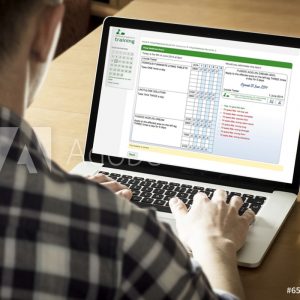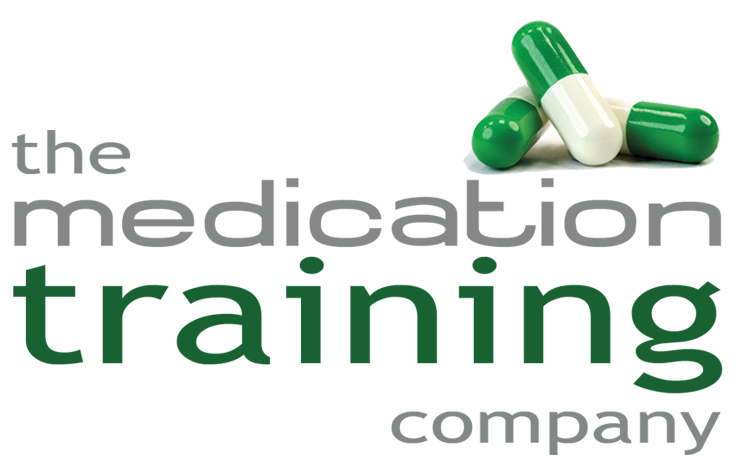18 Jul How much does medication training actually cost?
With some subjects, annual training often just ticks a box. That might be okay for some areas, but not medicines. With over 70 thousand medicines available, the risk of harm to your clients and to your organisation is too high.
Complacency is common
Administering medicines can quickly become a routine repetitive task and complacency can soon creep in. Staff fail to make basic checks; checking the chart first, reading the labels carefully, failing to slow down and work systematically.
We call this ‘giving medicines from memory’ and it’s the main cause of errors (1). In one study, researchers observed 56 medicines rounds in 55 UK care homes (1). They saw 116 medicines administration errors. That’s around 1 error per drug round. We don’t even know the error rate in community settings.
What are the consequences?
These errors have consequences, to both you and your clients:
• They can harm those you support
• They can cost you money from potential fines
• They can lead to reputational harm
• They can affect your CQC rating
• They cause lots of work with reporting, potential safeguarding referrals and investigations
Most medication training courses don’t teach staff how to administer medication. Take a look online, most medication courses teach subjects like: theory, legislation, classification of medicines, routes into the body etc. Some even try to teach how medicines work and side effects (for all 70 thousand medicines?).
Let’s be honest, these courses are just ticking a box. At no point are staff actually learning to administer medicines (the core skill they need). It’s learning to drive on a course that teaches how an engine works, types of vehicles available and classification of fuel types. When you ask the teacher at what point you drive the car? They tell you “It’s more of a driving awareness course”!
We teach people to administer medicines by administering medicines.
For tablets and capsules, there are 16 steps needed to administer medicines safely, these 16 steps are captured in our competence checklist.
We’ve developed this competence checklist from over 20 years of staff observations and root cause investigation of real errors organisations report to us. We also have lists for all the other common dosage forms as well.
These competence checklists form the basis of what we teach. We assess throughout, using simulated medicines rounds at the start and end of the courses. These assessments contain medicines with deliberate errors that staff must identify and avoid. Staff practise administering oral liquids, creams, inhalers, and eye drops (either in the classroom or from videos where they identify errors).
How do we communicate learner’s results with their managers?
Managers are provided with learner reports to see how staff have performed with follow-on assessments to support any staff who fail. We believe it’s important that our courses have this pass mark, as staff do need to be assessed properly.
This course has been shown to reduce medication errors by 36% in a study by Hampshire County (2)
We think this is best way to ensure staff have the core skills and competences to keep you and your organisation safe. Can you afford not to invest in these skills?
The Medication Training Company also offer a raft of complementary courses that relate to medication administration and the management of medicines. We also offer learner pathways, meaning learners can stay with us for their entire career and receive refresher training annually.
References
(1) Barber ND, Alldred DP, Raynor DK, et al. Care homes’ use of medicines study: prevalence, causes and potential harm of medication errors in care homes for older people. BMJ Quality & Safety 2009; 18:341-346.
(2) Cost benefits analysis Hampshire County Council 2016.
John Greene
Lead Pharmacist and MD
The Medication Training Company



